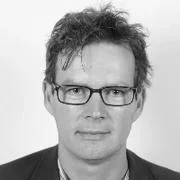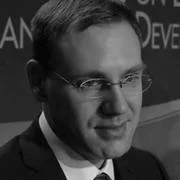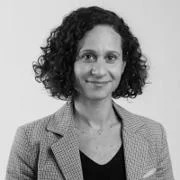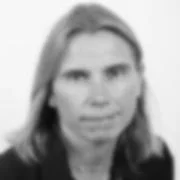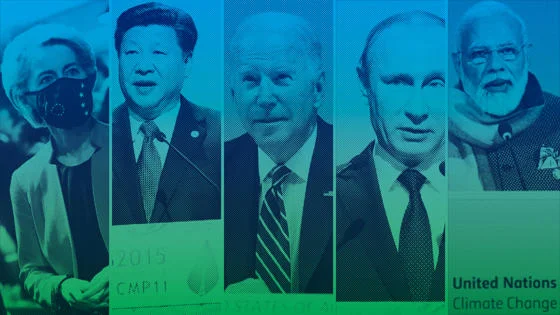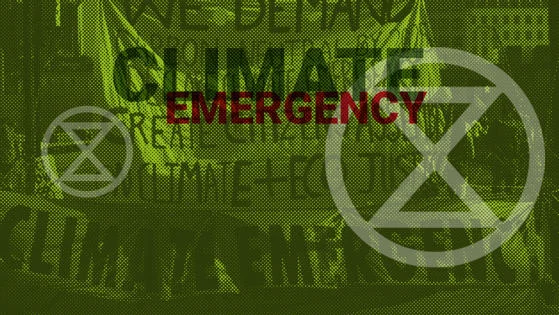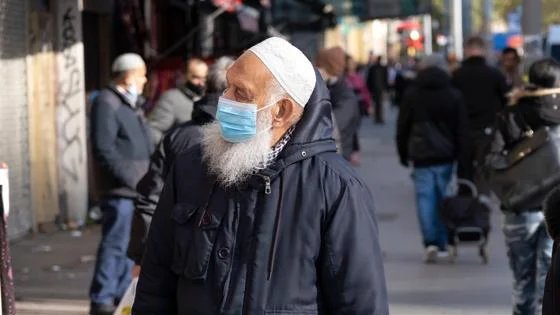How can we help vulnerable people to adapt to climate change?
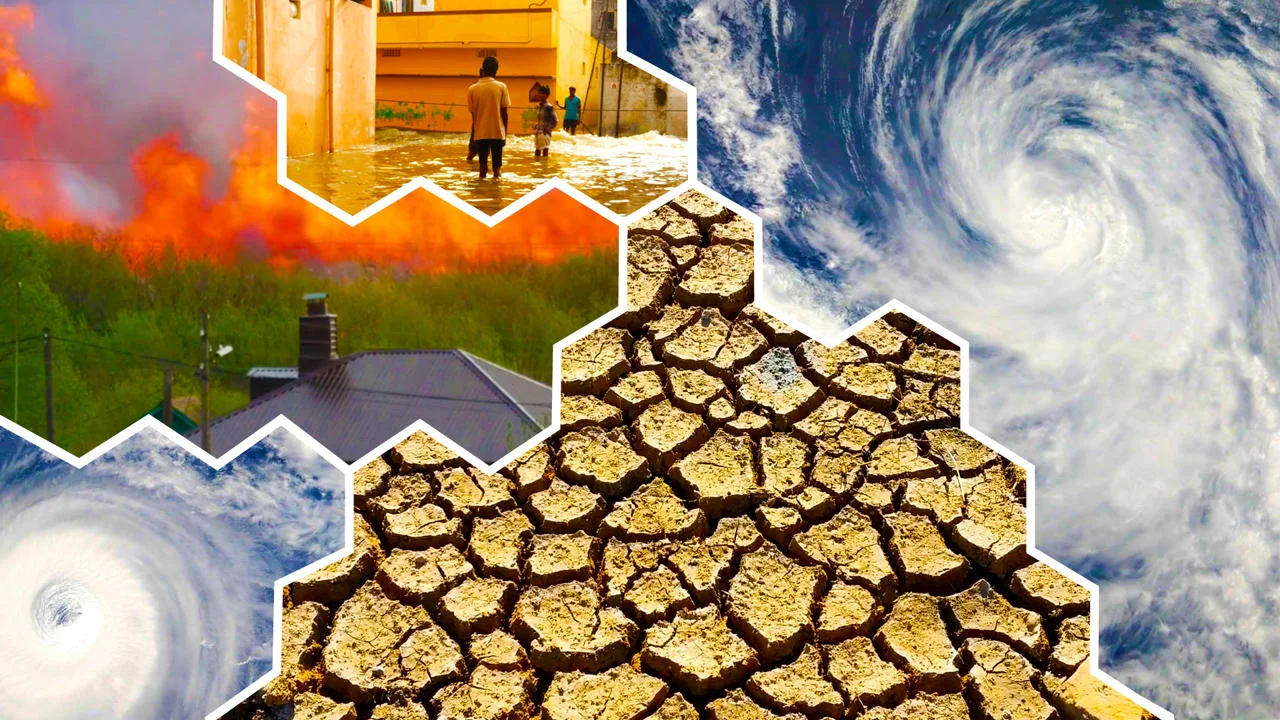
Contents
"Climate change is already causing more extreme weather. Last year, we saw, for example, a record-breaking heat dome over North America, devastating droughts in Madagascar, and unprecedented wildfires in Russia and Australia. The case for reducing greenhouse gas emissions has never been stronger. But there is an often-missing part of the puzzle: that we must also help people to adapt to the coming changes."
These are the words of Timo Leiter, a researcher on climate adaptation at the Grantham Research Institute on Climate Change and the Environment at LSE. The Head of Adaptation Research at the Institute is Swenja Surminski. She explains that "climate adaptation is what we do to prepare for the impacts of climate change. It can take many forms: new irrigation systems to help farmers cope with drought, technology to boost crop resilience, flood defences, and even supply chain management."
The people who need most support to adapt to climate change - who will be hit hardest - are among the most vulnerable in the world. They are also those who have done the least to cause it.
The Grantham Research Institute team works globally on climate adaptation. From advising policymakers in Africa on drought and flood risk, to tracking governments’ adaptation pledges against implementation, to assessing the impact of climate change on small businesses, to supporting UK communities to prepare for floods, the team helps people to interpret and apply the latest adaptation research.
"Adaptation to climate change requires action from government, businesses and individuals – but not all have the right tools, understanding and capacity to act," says Swenja Surminski.
Helping the most vulnerable, who will be hit the hardest by climate change
Kate Gannon, who leads the Women Entrepreneurs in Climate Change Adaptation project in Africa, warns that "the people who need most support to adapt to climate change - who will be hit hardest - are among the most vulnerable in the world. They are also those who have done the least to cause it.
"People’s ability to adapt to climate change is shaped by broader vulnerabilities that reflect and reproduce inequalities. Action is needed to support more inclusive forms of adaptation if commitments to ‘leave no one behind’ under the UN’s Sustainable Development Goals are to be met."
Kate Gannon’s project finds that women running small businesses in Kenya and Senegal face a "triple vulnerability" to climate change. Firstly, women are often more exposed to climate risk owing to their concentration in certain types of work; secondly, they face barriers to adaptation in the business environment; and thirdly, they are often on the frontline of managing climate risk at home. The team has been engaging with stakeholders in Kenya and Senegal on their findings, which are driving policy changes.
Knowledge is power. As our climate changes, it will be critical that communities know what flood risks they face, and how they should respond.
Managing future risks to water, energy and food sectors in East Africa
Declan Conway has also worked in East Africa. There, he led a project on integrating climate risk into planning decisions. In this project, named UMFULA ("Uncertainty reduction in Models For Understanding deveLopment Applications"), a partnership of universities in Africa and the UK assessed the level of risk that climate change brings to the water, energy, and food sectors in the Lake Malawi-Shire river system in Malawi and the Rufiji river basin in Tanzania.
Declan Conway says: "We focused on the near future – which is crucial to achieve traction with decision-makers - and examined how climate change might affect river discharge and electricity generation from hydropower, and water supply for irrigation schemes.
"We found that future risks exceeded previous experiences for the Lake Malawi-Shire river in particular. If severe droughts occur in the future, as projected by climate models, reservoir levels and hydropower production would fall and communities would struggle to maintain a reliable supply of irrigation water to their farming system."
As part of the project, the team looked at redesigning the dams, the irrigation system and farming practices to boost resilience. They recommended contingency plans for worst-case scenarios involving unpredictable weather and multi-year droughts. They also suggested measures to help cross-sectoral collaboration and decision-making.
What use is a climate adaptation plan if you don't track how it's implemented?
Like Declan Conway and Kate Gannon, Timo Leiter’s work has taken him to Africa, where he led Germany’s support for Tanzania’s climate adaptation planning, but recently also to Glasgow for COP26. There, he observed the negotiations about adaptation. "I study the effectiveness of the Paris Agreement – adopted at COP21 in 2015 - in delivering its objectives on climate resilience," says Timo Leiter. "I found that 60 per cent of countries with an adaptation plan are not tracking its implementation. So we must focus attention on the quality and enforcement of such plans rather than just on producing them."
Timo Leiter was also a contributing author to the Intergovernmental Panel on Climate Change’s Working Group II report on climate adaptation, published in February 2022. Contributors to the report from the Grantham Research Institute also include Declan Conway, Kate Gannon, Swenja Surminski and Joana Setzer, who is an expert in climate litigation. Swenja Surminski also led a chapter in the UK Government’s Climate Change Risk Assessment about how UK industry is exposed to climate risks and Timo Leiter is a lead author of UNEP’s annual Adaptation Gap Report.
The starting point for any adaptation work is risk awareness and capacity-building. As part of the Zurich Flood Resilience Alliance, Swenja Surminski has been working with colleagues in the flood-prone town of Lowestoft on the East coast of England, conducting interviews and "mind mapping" with community stakeholders. They found that promoting public awareness and knowledge-sharing can significantly help a community to prepare for future flooding.
As Sara Mehryar, who worked with Swenja Surminski in Lowestoft, says: "Knowledge is power. As our climate changes, it will be critical that communities know what flood risks they face, and how they should respond."
Swenja Surminski agrees with Sara Mehryar that preparation for climate change is critical. She says: "We must take into account the latest science when making decisions about how and where to build, invest, and design infrastructure. If not, we will be locking ourselves into costly pathways, with dramatic consequences.
"Every dollar invested in adaptation today will save at least five dollars’ worth of loss and damage in future. Adaptation is not a cost; it is an investment. Right now, we still have an opportunity to adapt to the coming climate impacts. But if climate change is left to run its course there will be limits on how much adaptation is possible. Now is a crucial time to take action, to address the causes of climate change and to reduce its impact."
The researchers featured in this article were speaking to Anna Ford, Media Relations Manager at the Grantham Research Institute on Climate Change and the Environment at LSE.
Download a PDF version of this article

